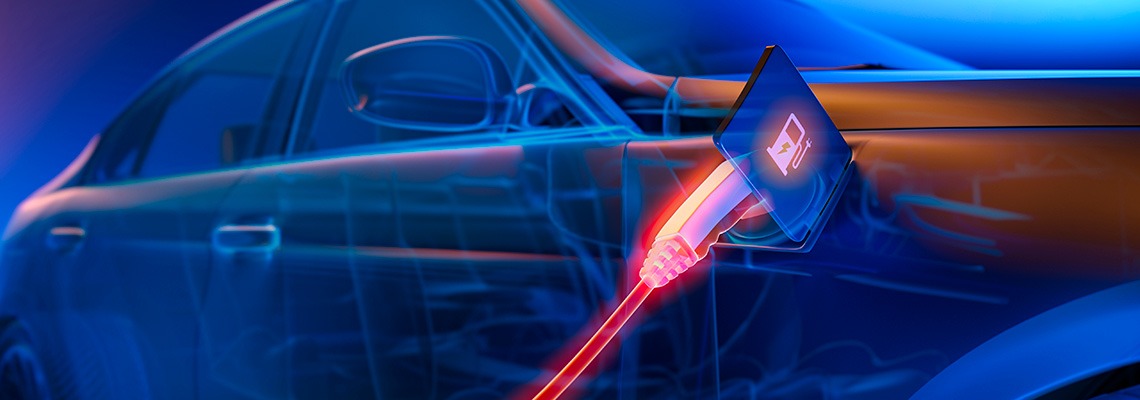In South Korea, the government-led ‘Smart Safety Equipment Support Project’ is encouraging the use of electric forklifts and standardized safety equipment. According to the official notice, electric forklifts weighing less than 3 tons must be fitted with an overload prevention system, seat belts, warning devices, emergency stop buttons and anti-fall valves.
The subsidy program enables companies to introduce electric forklifts at a low cost, putting pressure on them to replace their diesel models with electric ones. The adoption of ‘unmanned forklifts’ and ‘remote/automated transport’ within companies is also progressing, with the smart transformation of logistics and factories stimulating market demand.
Consequently, the combination of safety standards, electrification and automation is establishing itself as the ‘standard direction for next-generation forklifts’ in South Korea.
Source: 엔세이프
PSR Analysis: The most distinctive feature of the Korean market is the government’s aggressive promotion of safety standards to near-mandatory levels, coupled with the rapid rate at which these standards are adopted as market norms. Furthermore, against a backdrop of labor shortages, an ageing population and frequent overloading accidents, companies are highly incentivized to invest in safety equipment and automation.
Korea’s unique strengths lie in its extensive IT infrastructure and smart factory adoption, as well as its advanced communication environments, making the transition from electrification to automation technically feasible. The concentration of major manufacturers in the automotive and electronics industries, coupled with high rates of 24-hour operation and indoor work, creates an ideal environment for electric forklifts, accelerating their adoption even further.
Conversely, weaknesses include the significant cost burden for SMEs (Small and Medium-sized Enterprises) and the limited diversity of manufacturers’ lineups, which is slower than in Europe, leading to slower adoption of electric motors in high-durability and large-capacity segments.
While safety requirements are clearly defined for overseas manufacturers, this also creates an ‘entry barrier’ where low-cost models that do not meet safety and IT equipment standards find it difficult to enter the market. Over the next two to three years, the progression from electrification to telematics standardization to partial automation (remote/unmanned) is expected to become more pronounced. PSR
Akihiro Komuro is Research Analyst, Far East and Southeast Asia


